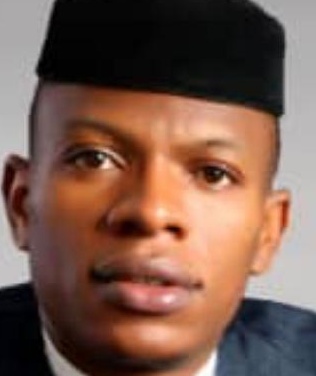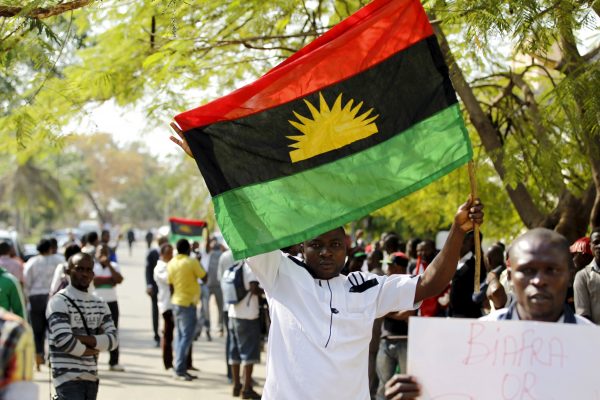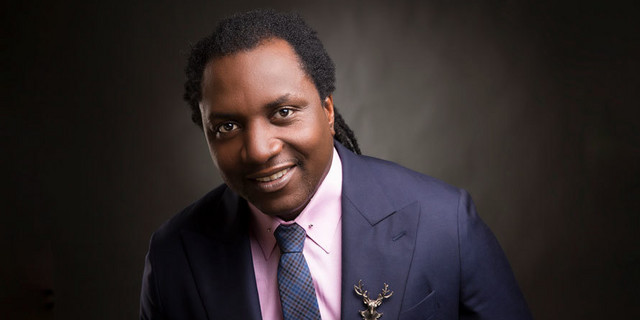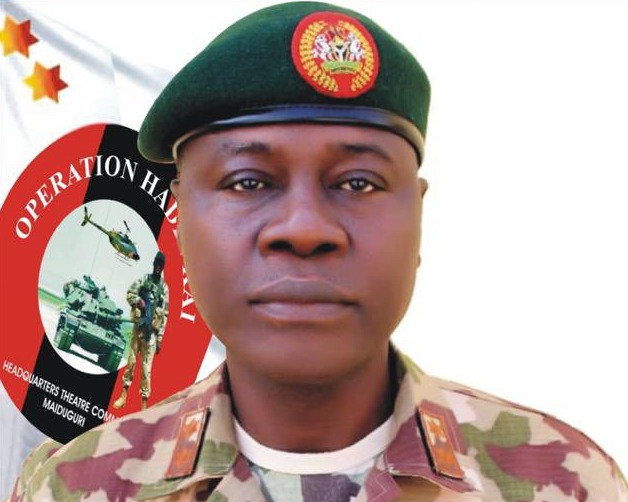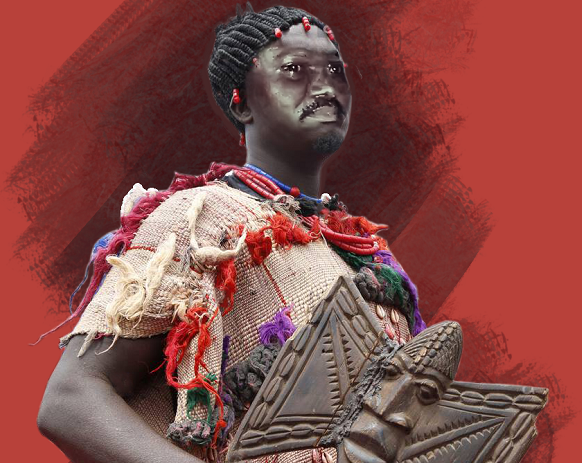“Fellow Citizens, we cannot escape history“—Abraham Lincoln
The above quote taken from President Abraham Lincoln’s famous State of the Union Address on the 1st of December, 1862 where he, amongst other things, made a case for the abolition of slavery, in the early years of the American Civil War, is undoubtedly a prism through which the “social value” of history can be appreciated. Though it was used persuasively by that Iconic Leader, against Americans of that era, (particularly Conservative Democrats who did not want to fight a war to free enslaved people) by reminding them of the judgment of history; in its literal sense, the words are apt in deconstructing what has emerged as an unofficial policy of the Nigerian State, to discount the events of Biafra, despite its monumental ramification in post-colonial Nigerian history.
It is a fact of history, that nations (particularly young nations), fall, and rise from the crucibles. And when they do, they almost always constantly remind themselves of their ugly past and the bitter path of Nationhood they had treaded; if anything, to educate the younger generation, and to collectively avoid repeating the steps that led to their near-atrophy. All over the world, this corporate approach to monumental events history has served as a lubricant to nourish the wheels of the State and heal the wounds of the past.
In Africa, Rwanda is a shining example of this tradition. After a brutal civil war of genocidal proportions that almost wiped out the entire Tutsis and moderate Hutus—the two major ethnic groups that comprise the East African Nation a quarter of a century ago, the Country has miraculously risen from that ugly past and is today, a reference point for national healing and reconciliation thanks to the “sensitive leadership” shown by President Paul Kagame, who as a soldier, led the army that quelled the killings. Recently, in a State-visit to Rwanda, French President, Emmanuel Macron, took the opportunity to publicly apologize to the Country for the complicity of French troops in not reining in advancing Hutu extremists during the crises.
Advertisement
Despite having forgiven their Hutu counterparts, what that admission and apologia do for the Tutsi community in Rwanda, is a further honour to the memories of their Kith and kin who died in the most gruesome manner during that ugly episode of the country’s history. It would no doubt, further instil a reconciliatory spirit in the hearts and minds of those who may still harbour a grudge; particularly younger Rwandans who were toddlers at the time, or whose parents did not survive the war.
At the well-attended 25th Anniversary of the genocide in 2019, which interestingly had Vice President Yemi Osinbajo in attendance, Paul Kagame famously declared before a crowd of Rwandans at the Kigali Memorial, “we have become a family once again…together, we have woven the tattered threads of our unity into a new tapestry”, in a speech that further melded a once divided nation together.
For Nigeria, that has been anything, but the case. Some 50 years after the Biafra War ended, the official attitude of successive Nigerian governments is to pretend as though the war never happened despite the sheer human and economic costs of the war, which up until today, are still felt in south-east Nigeria. Indeed, after the failure of the reconciliatory efforts of the Yakubu Gowon regime, it beggars belief that Nigeria has failed to own up to the fact of Biafra as an avoidable era in its history and to publicly apologize to the Igbos of south-east Nigeria for the evils committed against them on the back of that genocidal war as the Rwandans have done.
Advertisement
The unintended consequences have manifested in a resurgent clamour for the Republic of Biafra by Mazi Nnamdi Kanu, and his Indigenous Peoples of Biafra (IPoB), who have organically gained the support of many Igbos, particularly in the Diaspora, and of course across the Igbo hinterlands. In contrast to the less-radical Movement for the Actualization of the Sovereign State of Biafra (MASSOB) of Mr Ralph Uwazurike, IPoBN and their ethnic militia wing—ESN have become a potent and existential threat to the peaceful co-existence of south-east Nigeria, and by extension, the country at large, putting pressure on already over-stretched troops waging anti-terrorism war in north-east Nigeria and armed banditry across different parts of Northern Nigeria.
It is telling, and if I might add, to the utter embarrassment of Nigerian authorities, that in spite of their plausible deniability, the Idea of Biafra continues untrammelled. Since nature abhors a vacuum, Nnamdi Kanu and his separatist group—IPoB have somehow won, or coerced legitimacy and support from average Igbos, so much that the Sit-at-Home Order he dished out a few days ago, to commemorate the Biafra Remembrance Day; an event which ought to have been an elaborate State-function, has received unprecedented compliance in the South East with public and private businesses in otherwise busy districts, shut down, and streets wearing the look of ghost-towns.
The lessons are clear: a people cannot be coerced or intimidated into forgetting their past, or not honouring their heroes, as the Nigerian government has done in the past 50 years with its handling of Biafra. If anything, such attitude whips up the sentiments and feelings that confer legitimacy to an idea. Which unsurprisingly is the situation in south-east Nigeria today.
President Muhammadu Buhari by his body language and clannish disposition doesn’t seem to be the Nigerian leader to repair Nigeria’s relationship with her Biafran past, has made the situation worse in the last six years of his Administration, but what is clear is this: to quell or disarm the resurgent Biafra agitations in the South East, the next Nigerian President must take ownership of the events of Biafra, and tender apology to the Igbo Nation on behalf of their kith and kin who died in the war. A further step would be the full recognition and re-integration of the events of the war into Nigeria’s larger history, complete with memorials and day-of-mourning for all those who died in the war on a day like this. I believe these are the missing links yet, in the fulsome resolution of the Biafra crises so as to finally lay its ghost to rest.
Advertisement
Anything short of the above would always embolden secessionist groups and demagogues, such as Mazi Nnamdi Kanu who would always find enough sentiments to whip up in the general population to open a fresh chapter of agitations.
Raymond Nkannebe, a Public Affairs Commentator, writes from Lagos. He tweets @RayNkah
Advertisement
Views expressed by contributors are strictly personal and not of TheCable.
